Category
Recent Posts
Recent Comments
Archives
Shop Categories
-
 Baby & Maternity22 products
Baby & Maternity22 products -
 Beauty & Health22 products
Beauty & Health22 products -
 Books & Media22 products
Books & Media22 products -
 Cell Phones & Accessories11 product
Cell Phones & Accessories11 product -
 Colors11 product
Colors11 product -
 Digital Products22 products
Digital Products22 products -
 Featured44 products
Featured44 products -
 Fun11 product
Fun11 product -
 Health & Household33 products
Health & Household33 products -
 Jewelry & Accessories22 products
Jewelry & Accessories22 products -
 Kids' Fashion11 product
Kids' Fashion11 product -
 Preschool Learning11 product
Preschool Learning11 product -
 Sports & Outdoors33 products
Sports & Outdoors33 products -
 Toys & Games22 products
Toys & Games22 products -
 Most Popular66 products
Most Popular66 products -
 New Arrival55 products
New Arrival55 products -
 On Sale77 products
On Sale77 products
Popular
-
 Free Parenting Journey Planner: Doctor Visits & Baby Prep
Free Parenting Journey Planner: Doctor Visits & Baby Prep
5.00 $Original price was: 5.00 $.0.00 $Current price is: 0.00 $. -
 Top 10 Preschool Coloring Book Bundle
Top 10 Preschool Coloring Book Bundle
50.00 $Original price was: 50.00 $.14.99 $Current price is: 14.99 $. -
 86pcs/set Elegant Retro Earrings, Multi-layer Necklace, Earrings, Rings, Four-in-one Multi-piece Jewelry Set for Women, Ideal for Daily Outing, Commuting, Mother's Day, Valentine's Day Gifts, No Box
Rated 5.00 out of 5
86pcs/set Elegant Retro Earrings, Multi-layer Necklace, Earrings, Rings, Four-in-one Multi-piece Jewelry Set for Women, Ideal for Daily Outing, Commuting, Mother's Day, Valentine's Day Gifts, No Box
Rated 5.00 out of 514.99 $Original price was: 14.99 $.4.17 $Current price is: 4.17 $. -
 Smiling in the Sky Kite with Free Flying String - Durable Polyester, Mixed Colors, Perfect for Outdoor Fun
Rated 5.00 out of 5
Smiling in the Sky Kite with Free Flying String - Durable Polyester, Mixed Colors, Perfect for Outdoor Fun
Rated 5.00 out of 56.99 $Original price was: 6.99 $.1.35 $Current price is: 1.35 $. -
 Chic Girls' Summer Outfit Set: Strawberry Embroidered Off-Shoulder Top & Heart Belted Shorts - Breathable Polyester, Machine Washable, Perfect for Outdoor
Rated 5.00 out of 5
Chic Girls' Summer Outfit Set: Strawberry Embroidered Off-Shoulder Top & Heart Belted Shorts - Breathable Polyester, Machine Washable, Perfect for Outdoor
Rated 5.00 out of 519.89 $Original price was: 19.89 $.6.39 $Current price is: 6.39 $. -
 1pc Frameless Oversized Gradient Fashion Glasses for Women, Polygonal Metal Hinge, PC Lens, Fashionable UV Protection Eyewear for Outdoor Activities
Rated 5.00 out of 5
1pc Frameless Oversized Gradient Fashion Glasses for Women, Polygonal Metal Hinge, PC Lens, Fashionable UV Protection Eyewear for Outdoor Activities
Rated 5.00 out of 53.47 $Original price was: 3.47 $.2.05 $Current price is: 2.05 $.
Tag Clouds
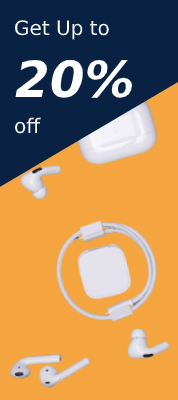

Have you ever thought about how changing your diet could change your health? Today, knowing what’s good for you is key. By finding out what your body needs, you can make a plan that works for you.
This journey is not just about avoiding bad foods. It’s about finding foods that make you feel great. Let’s see how you can find the right foods for you.
- Recognizing personal health conditions is key for meal planning.
- Your dietary likes and dislikes are important for a good plan.
- Healthy eating is about variety, not just what you avoid.
- Finding the right foods can make you feel better and live better.
- Knowing about food allergies and sensitivities helps plan meals.
- Planning meals that fit your needs can make eating more fun.
Understanding Dietary Needs and Personalization
Knowing your dietary needs is key to a healthy life. These needs change based on health, likes, and culture.
Personalized nutrition is important for good health. Tailoring your diet to your needs makes eating better. It helps manage dietary needs well. For example, someone with a health issue might need to stick to certain foods. Another person might enjoy a variety of foods with small changes.
Using the USDA dietary guidelines helps see food groups and sizes for balance. Making these guidelines fit your needs can greatly improve your health.
Food Allergies: The Immune System’s Overreaction
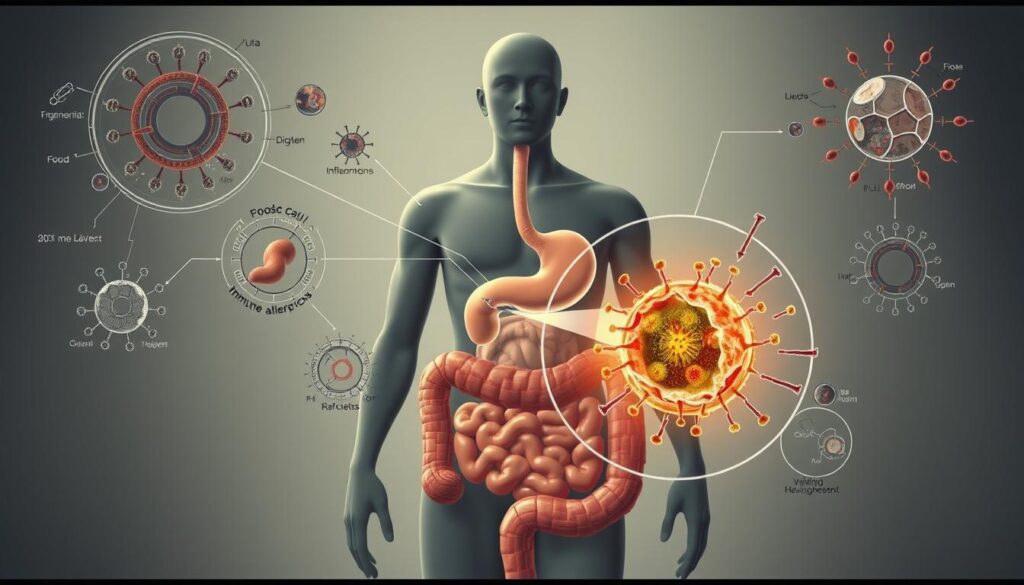
Food allergies are a big health problem. They happen when the immune system reacts too much to certain foods. These foods are not harmful, but your body acts like they are.
This can cause many symptoms. Some are mild, like hives or stomach pain. Others are very serious, like anaphylaxis. It’s important to know about food allergies and how to handle them.
If you think you have a food allergy, see a doctor. They can help you figure out what to do. You might need tests, keep a food diary, and learn to read labels well.
Some common foods that can cause allergies are:
- Nuts
- Shellfish
- Dairy products
Knowing which foods can cause allergies helps you make better choices. Creating a diet plan that avoids these foods is key. Making small changes and being careful can help you enjoy many foods safely.
Food Intolerances: When Digestion Stumbles

Food intolerances happen when your body can’t digest certain foods. This leads to digestive issues like bloating, gas, and diarrhea. They are different from food allergies because they don’t make your immune system react.
Common food intolerances include lactose in dairy and gluten in wheat, barley, and rye. Knowing which foods upset you can help your digestion. By finding out what foods cause problems, you can choose better foods.
When dealing with food intolerances, start small. Make slow changes to your diet. This lets your body get used to new foods without feeling too stressed. Try removing one food at a time to find out what bothers you. You might also use enzyme supplements to help with digestion.
Trying new recipes and foods can make your meals fun and healthy. Managing food intolerances well can make you feel better and more comfortable.
Food Sensitivities: The Less Clear Picture

Food sensitivities can be hard to understand. They often cause mild symptoms that are not as clear as food allergies or intolerances. These sensitivities can make you feel tired, give you headaches, or upset your stomach.
Unlike food allergies, which are caused by IgE, sensitivities are not. This makes them harder to spot and deal with. It can be really tough to figure out what’s causing your problems.
If you think you have food sensitivities, see a doctor. They can help you make a plan for your diet. Keeping a food diary is also helpful. It lets you track your symptoms and find out what might be causing them.
This way, you can make better choices about what you eat. Knowing what you’re sensitive to helps you feel better. It makes eating easier and improves your health.
Healthy Eating Habits for All Dietary Restrictions

Healthy eating is more than just avoiding bad foods. It makes you feel good and helps your body and mind. To eat well, add these key habits to your day.
- Include plenty of fruits and vegetables in your meals. They give your body important nutrients and help fight sickness.
- Choose whole grains over refined ones. Whole grains have more fiber and nutrients, making them better for you.
- Healthy fats and proteins are important. Add nuts, seeds, avocados, and lean meats to your diet for energy and health.
- Enjoy your favorite foods but do it in moderation. Use portion control and eat mindfully to avoid too much.
These habits will make you healthier and support any diet you follow. Start your healthy eating journey today. It will make your life more vibrant and full of energy.
Navigating Your Unique Dietary Needs with Ease

Finding the right diet can be a fun journey. Everyone’s needs are different. Making a meal plan that fits you is key.
Here are some tips to make meal prep better:
- Batch cooking: Cooking meals ahead saves time. It helps you eat healthy all week.
- Ingredient swaps: Swap out foods that don’t work for you. Try quinoa instead of rice or coconut milk for creamy dishes.
- Explore diverse cuisines: Try new foods from different cultures. They often have healthy options that fit your diet.
Using these tips makes shopping and cooking fun. It helps you stay healthy and enjoy tasty meals.
Personalized Nutrition Guidelines
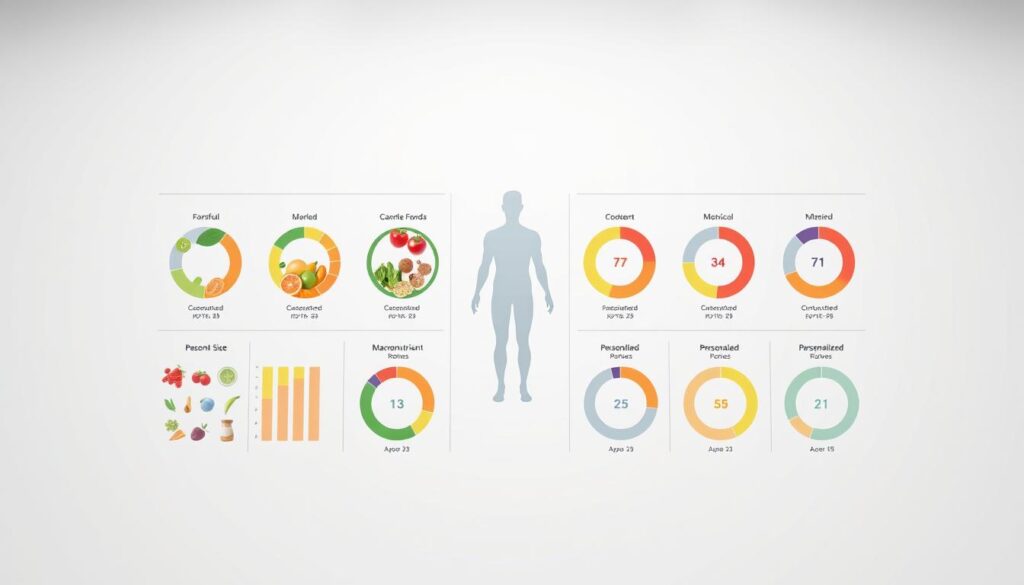
Creating personalized nutrition guidelines is key for better health. Everyone’s needs are different because of lifestyle, health goals, and likes. It’s important to not follow the same plan for everyone.
Start by figuring out what’s best for your body. Things like age, how active you are, and health issues matter. Following your own nutrition plan helps you make choices that improve your health.
Using tools and getting advice from experts can help a lot. Registered dietitians can give advice just for you. Sites like MyPlate are great for learning how to make a balanced meal.
Your path to better meal planning begins with knowledge and being open to change. This lets you meet your own needs and enjoy a nutrition plan that’s just right for you.
Meal Planning Tips for Dietary Restrictions

Managing dietary restrictions can feel overwhelming. But, effective meal planning tips can help a lot. Start by making a weekly meal plan that fits your dietary needs.
This makes cooking easier and ensures you try different foods all week.
Make a grocery list based on your meal prep ideas. This list should include ingredients that fit your dietary needs. Include lots of seasonal produce for freshness, nutrition, and cost savings.
Shopping seasonally is key to meal planning success.
Look for easy global dishes to customize. Adjusting traditional recipes lets you enjoy different cooking styles while meeting your dietary needs. Meals like stir-fries, salads, and tacos can be made to fit many dietary restrictions.
Planning ahead helps you stay on track with your dietary needs. It also keeps your meals interesting and varied. Explore new flavors and cooking techniques to make the most of your meal prep ideas.
Customizing Your Eating Plan for Health

Changing your eating plan can really help you feel better. Start by thinking about what foods you like and need. Try new ingredients and cooking ways. This can make your meals tasty and good for you.
Use tools to make planning your diet easier. Apps and meal trackers help you keep track of what you eat. They help you find the best diet for you. Use them to see what works and what doesn’t.
Keep checking how you eat to make changes if needed. Your tastes and needs can change. Making these changes helps you keep eating well for a long time.
Understanding your dietary needs is key. Knowing the difference between food allergies, intolerances, and sensitivities helps you eat right. Always keep learning about your health.
Adapting your diet is important. If you need help, talk to a professional. They can guide you.
Getting advice on your diet can be very helpful. It lets you make choices that are good for you. Eating healthily means knowing what’s best for your body.
You are in charge of your diet. Learning and listening to your body is important. This way, you can enjoy eating and stay healthy.
FAQ
What are dietary needs, and why are they important?
How can I manage food allergies effectively?
What is the difference between a food allergy and food intolerance?
What strategies can help with food sensitivities?
How can I adopt healthy eating habits with dietary restrictions?
What are some effective meal planning tips for those with dietary needs?
How do I create a personalized nutrition plan?
What role does technology play in customizing my eating plan?
Written by lana saleh
Leave a Reply Cancel reply
You must be logged in to post a comment.
Best offers
Join Risk Free
Subscribe Now
100% Safe
Secure Shopping
24x7 Support
Online 24 hours
Best Offers
Grab Now
Free Shiping
On all order over
Know Us

Your go-to online destination for inspiration, guidance, and resources across various aspects of daily living, covering topics like wellness, style, home, relationships, personal development, and more, all aimed at helping you cultivate a fulfilling and intentional life
Read MoreRecent Posts






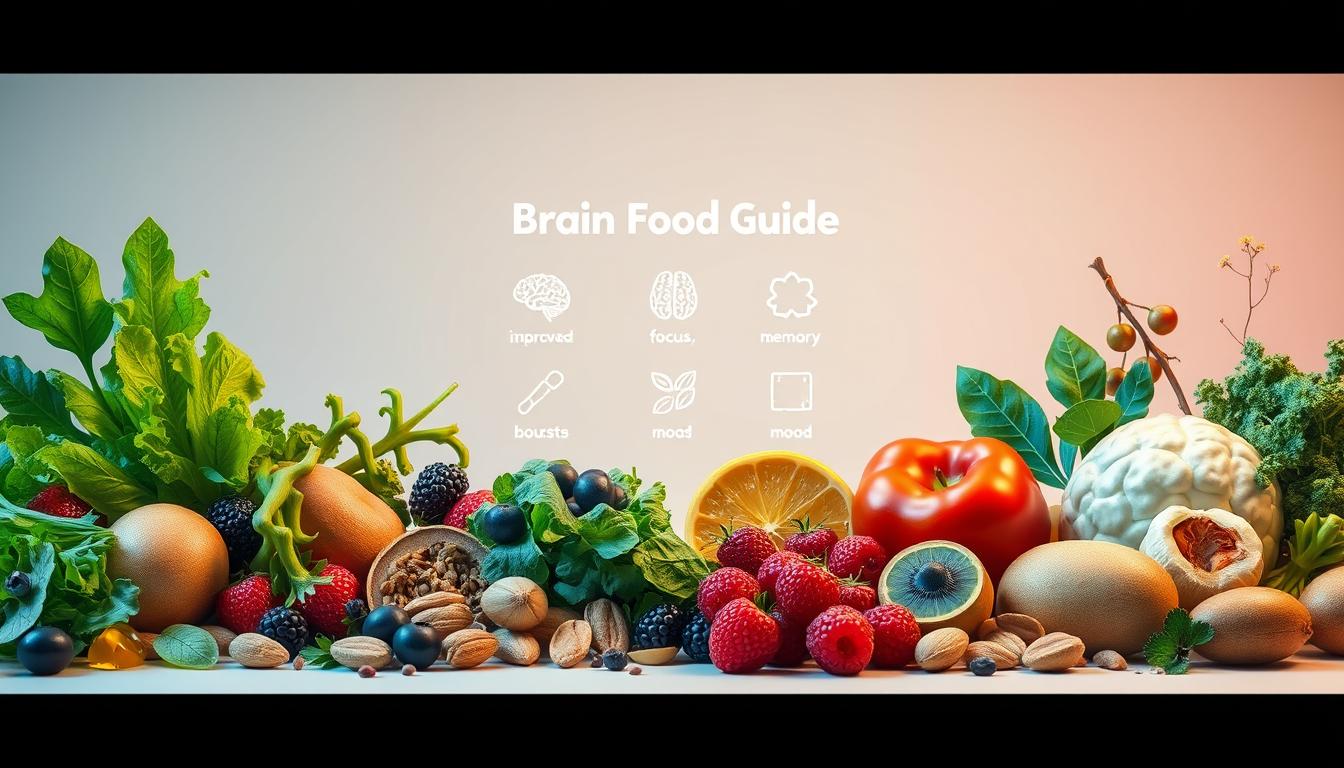






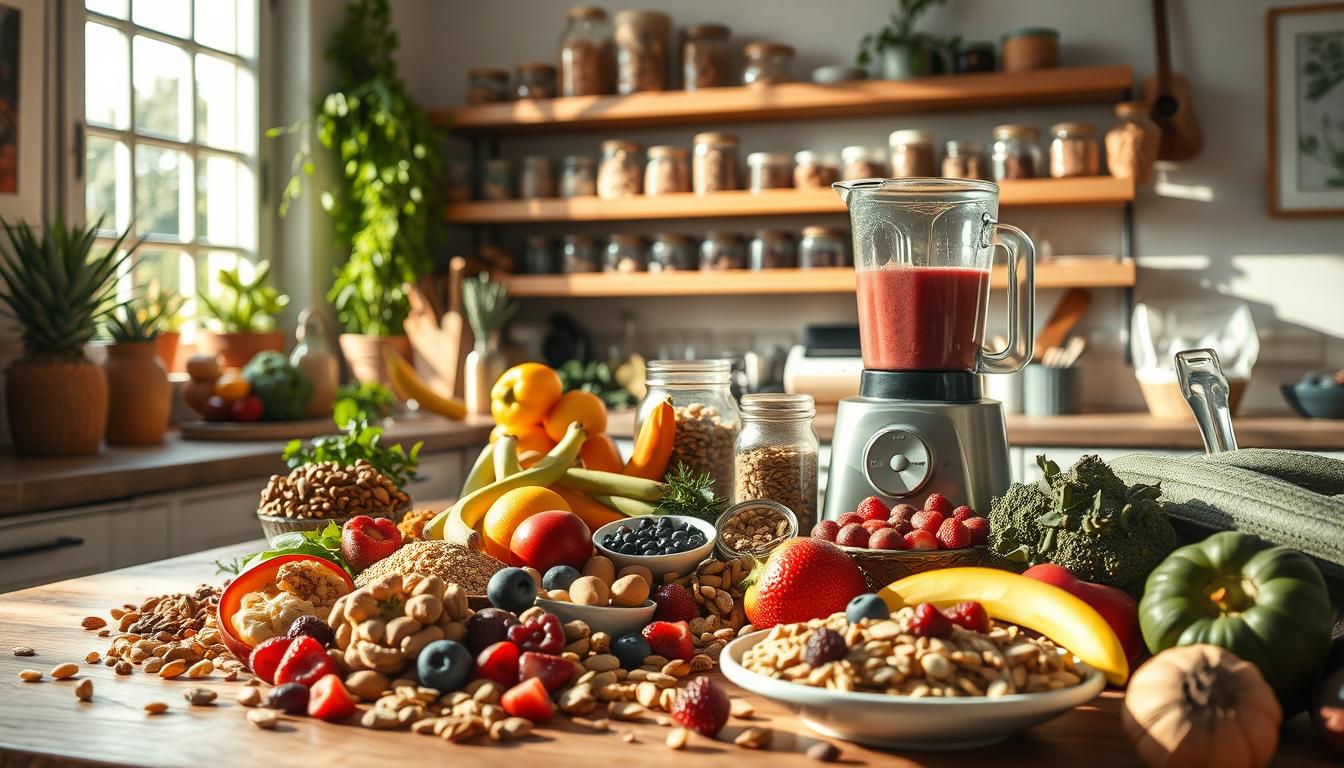


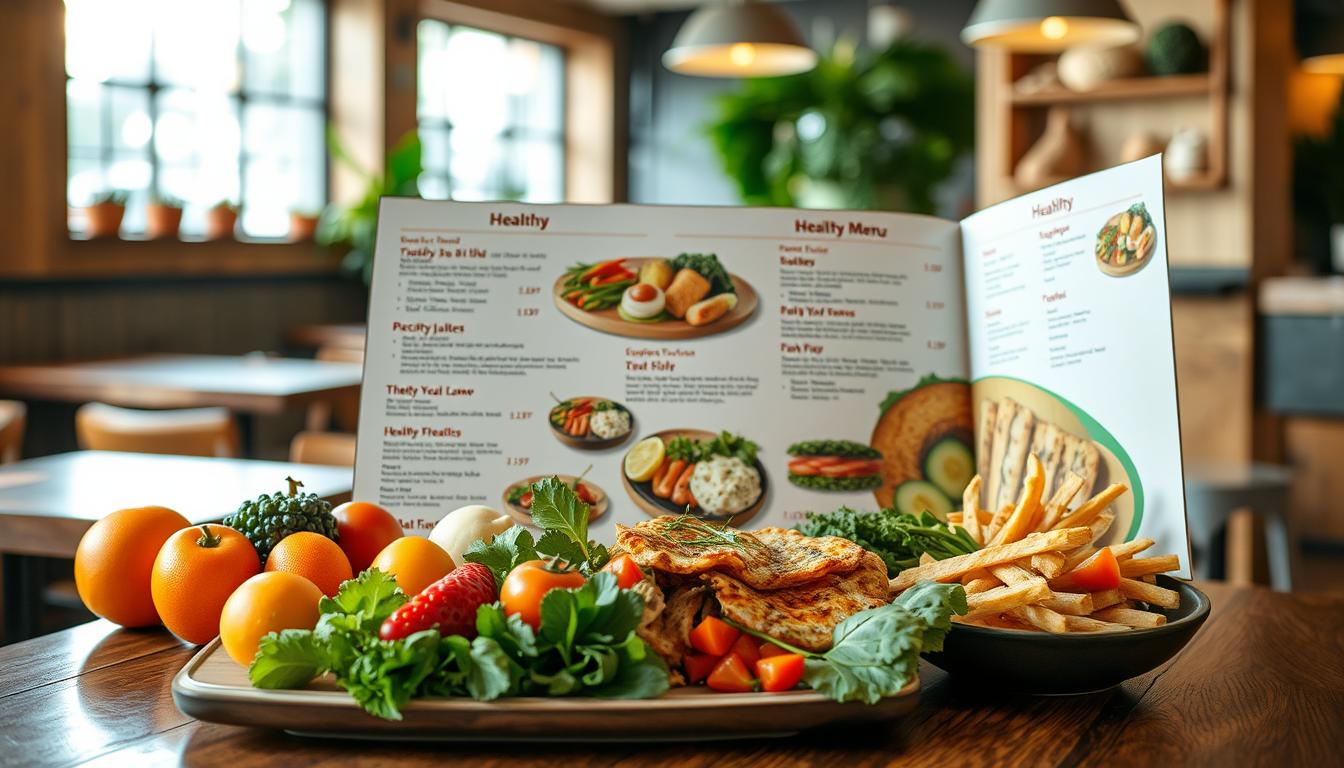


























Product Showcase













